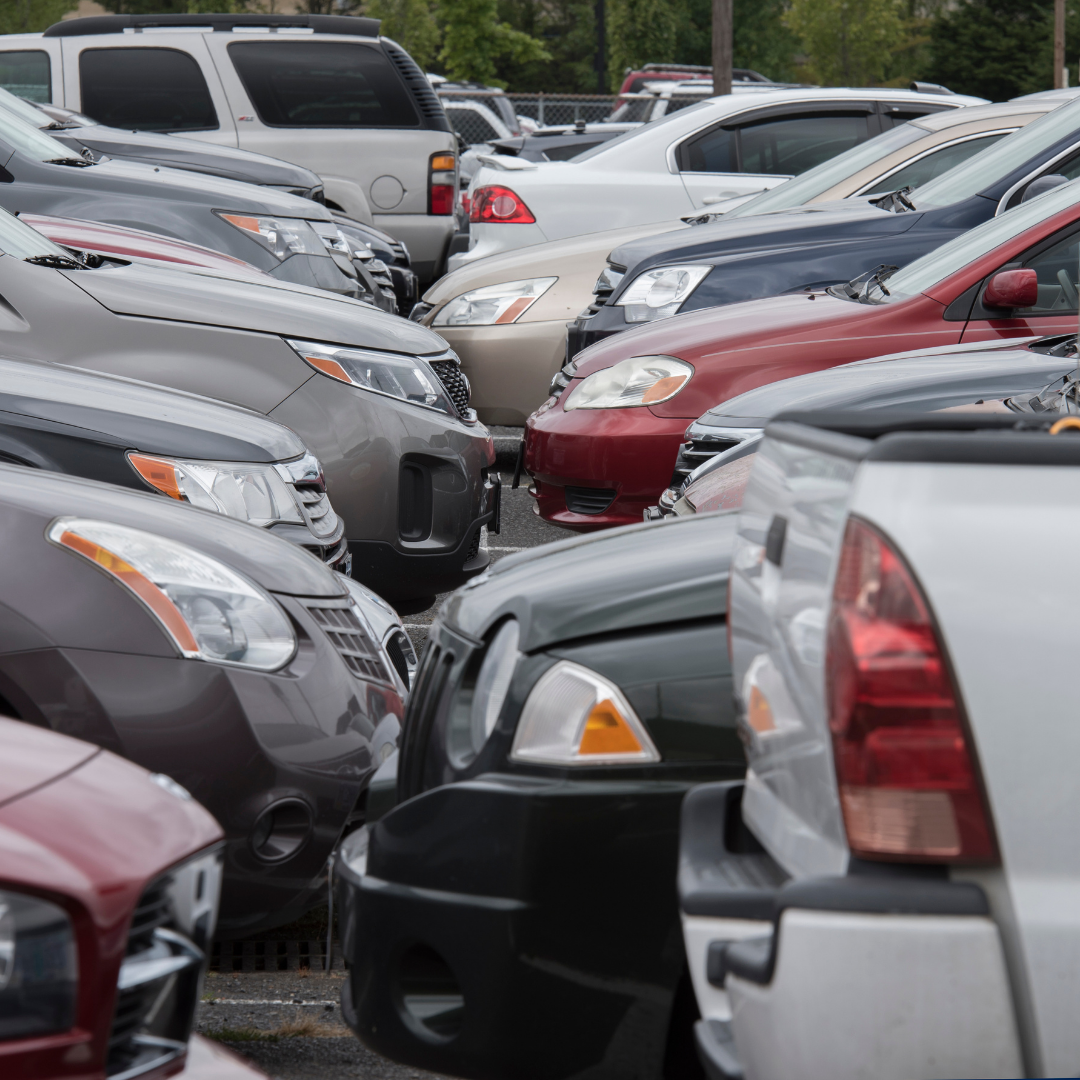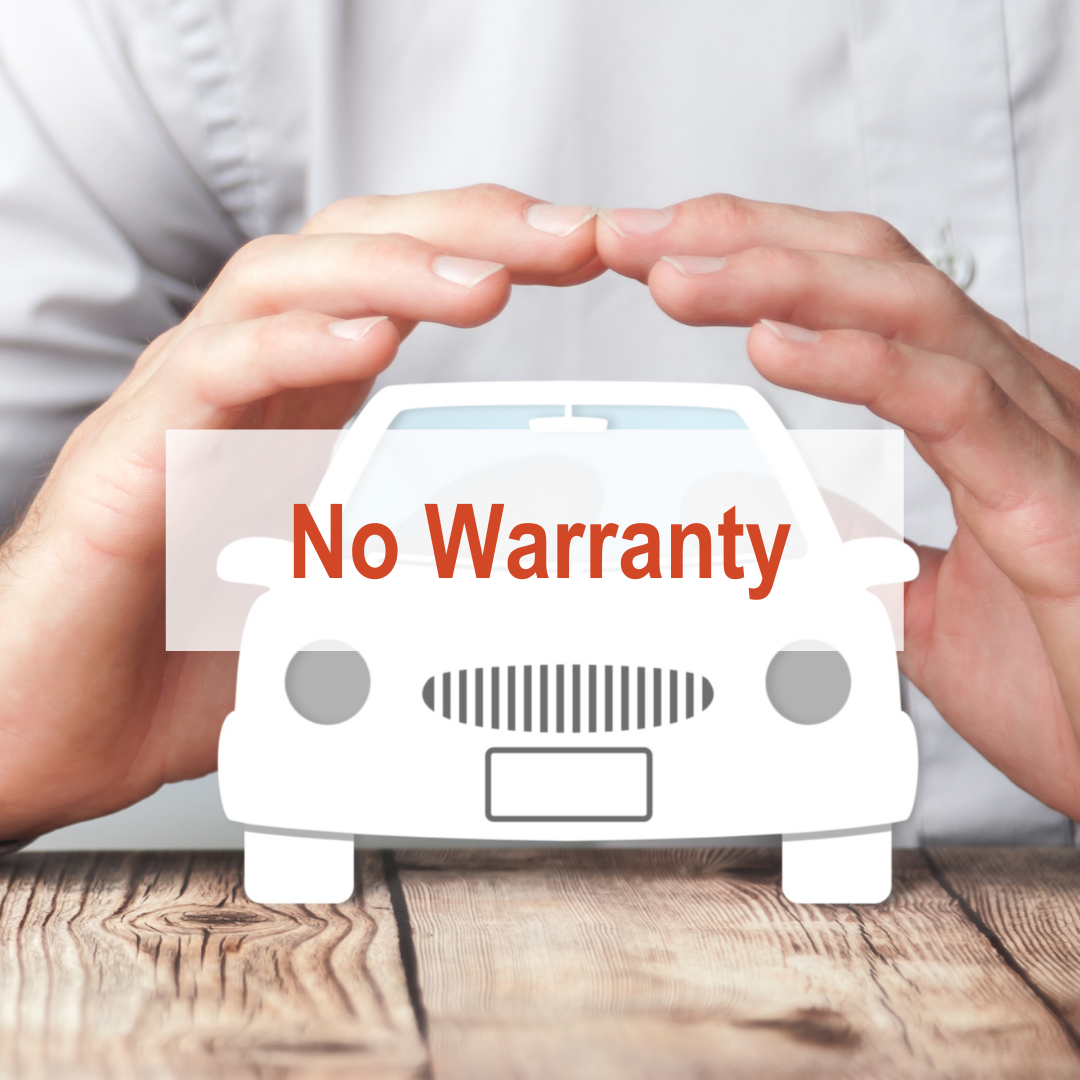Should You Buy A Salvage Car?
The answer to this question is usually no. If you take a hard look at the fine print, you may notice a salvage title. According to Value Penguin, salvage vehicle are typically priced 5% to 10% below market value; however, Consumer Reports advises that a salvage-title
car is worth just 50% of its value on Kelley Blue Book. Many dealers and sellers will try to convince you that the vehicle damage is strictly cosmetic; however, it can be challenging to determine at first glance if the damage is, in fact, aesthetic or structural. If you decide to move forward with purchasing a salvage car, you could find problems with it down the road. This article will provide you an overview of what a salvage-title vehicle is, along with six reasons you should stay away from purchasing one.

What Is A Salvage-Title Car?
A car is deemed salvage when the cost to repair is is more than the vehicle is worth whether the damage is from an accident, weather, or theft, In this instance, the car is issued a salvage title to warn future buyers that an insurance company has deemed the car a total loss. There are instances where a perfectly good vehicle receives a salvage title, such as damage incurred by a hailstorm, or a simple fender-bender; however, instances such as those are rare.
6 Reasons To Avoid Buying A Salvage Car
Hard To Receive Financing
Most financial institutions will not issue auto loans for salvage-title cars since the car is usually used as collateral for the loan. A salvage vehicle provides too much risk for most financial institutions because if you were to default on your auto loan, the salvage vehicle has little value. Thus, if you want to purchase a salvage car, be prepared to pay mostly in cash.

Hard To Insure

Very few auto insurance companies will write collision and comprehensive coverage for salvage-title vehicles because it is tough for an insurance company to place a value on the vehicle. Although you may find some insurance companies who are willing to write policies for salvage vehicles, this coverage will be limited.
Safety Concerns
Safety is the main reason many people stay away from salvage cars. Many companies that rebuild cars often cut corners to save money. For instance, many auto re-builders will skimp out on structural alignment and airbags. This poses a considerable risk to drivers and their passengers. The California Highway Alliance estimates that one out of every 25 salvage cars has phony airbags installed. Don’t risk your safety for a low ticket price.

No Warranty

Most vehicles come with an extended warranty, but you will not receive this luxury with a salvage-title car. Your vehicle will come as is, which means you will be responsible for all repairs out of pocket once you leave the lot. Often the extent of damage is not disclosed to consumers, which means you could be responsible for hefty repair costs, which would eat into the money you saved by purchasing the salvage-title.
No Resale Value
Salvage-title cars are tough to resell. Dealerships rarely accept salvage cars as trade-ins, and selling the car on your own can prove to be just as challenging. This is because salvage vehicles are unable to be priced accurately using online guides like Edmunds or Kelley Blue Book. Thus, it’s challenging to convince dealerships and buyers of a reasonable price.

High Instances of Fraud

Most car salespeople and independent sellers will claim the damage to the vehicle was minor and cosmetic. The problem is, it can be tough to know if he or she is telling the truth. Also, there is little you can do as a buyer if you find out that the dealership or independent seller was lying about the extent of damage once the vehicle has been purchased. Unfortunately, there is not any legal recourse a buyer can take as there is no warranty or guarantee on the condition of the car.
Final Thoughts
Many consumers are tempted to purchase a salvage-title car due to the money-saving factor. While we understand the temptation of saving a substantial amount of money on your new car, the money you save is not worth the number of significant risks. In most instances, you are better off buying a quality new or used vehicle from a reputable car dealership.
When you are ready to purchase your new vehicle, it’s crucial to enlist the services of a local and trusted financial institution for auto financing. Launch CU’s low car loan rates and affordable car loan payments make purchasing a quality vehicle much less stressful. Utilize helpful tools, such as our auto loan calculator to help you determine how much car you can afford. Remember, you will have your vehicle for the next 5 to 10 years. You want to make sure you are shopping for quality, not just price.


